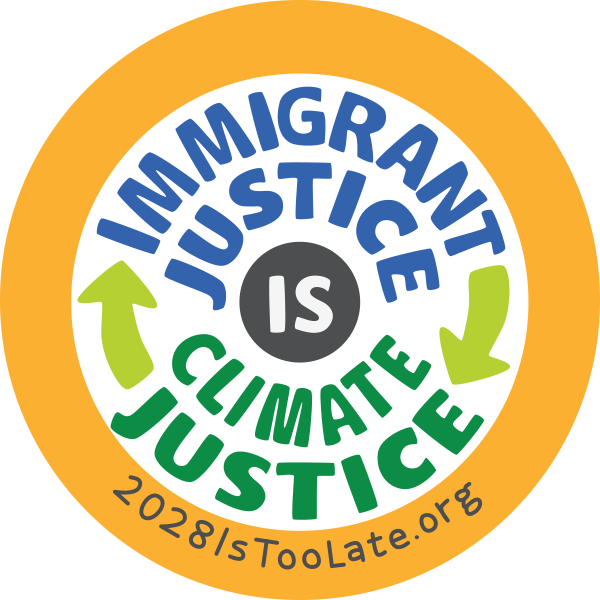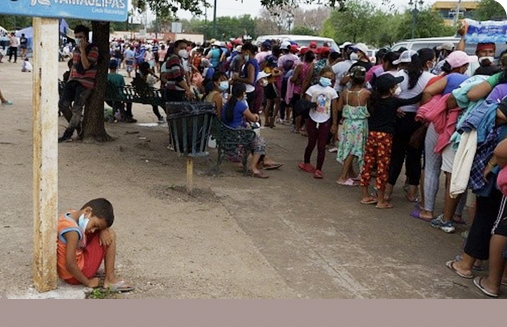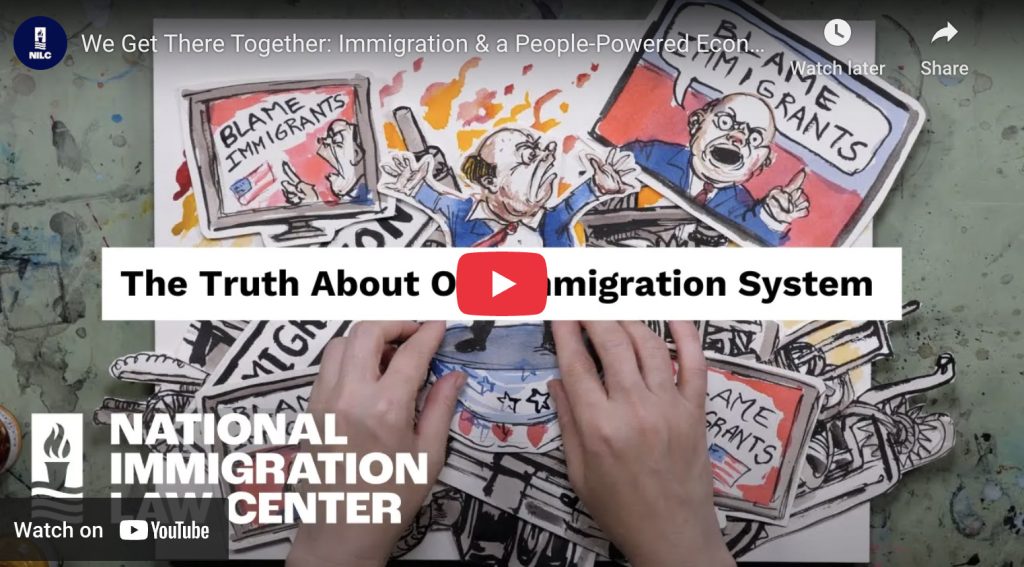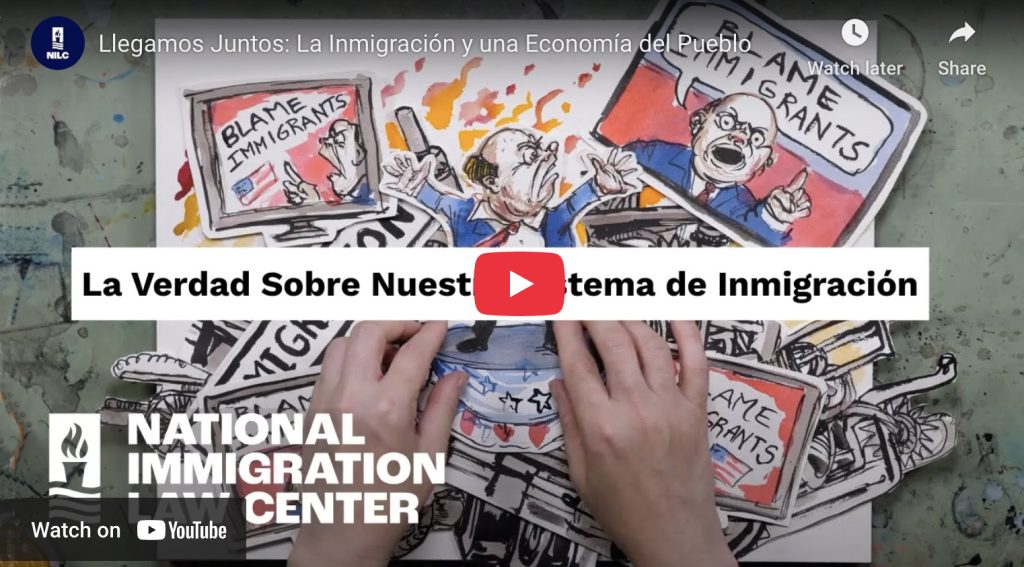Building Alliances
The futures of the climate and immigration rights movements are inextricably bound.
The Trump administration denies climate change and blames immigrants for the problems of our society. Aligned with the interests of fossil fuel billionaires, Trump plans to expand the fossil fuel economy and deport mass numbers of immigrants. Developing active alliances to resist these dangerous and costly threats is in all of our interests.
Climate change and immigration are also connected by the reality that climate disasters and extreme heat are forcing people to migrate.
2028 Is Too Late joins in solidarity with other climate organizations to fight for immigrant justice as we fight for climate justice. We hope our free stickers, postcards, talking points, and resource articles will aid you in integrating immigrant justice into your climate justice work.
Immigration Justice and the Climate Emergency
Climate-related disasters and extreme heat are making parts of the world unlivable, uprooting 25-30 million people each year. While conflict, violence, and poverty remain the main drivers of displacement in much of the world, climate change has become a growing factor, especially in the Global South. In many countries, extreme weather patterns have increased poverty and displaced families that count on agriculture to sustain themselves. In sub-Saharan Africa alone, climate shocks led to the displacement of 7.4 million people in 2022.
Climate change is making it impossible for people to sustain themselves in their native countries.
Climate change makes every other crisis people face more difficult. It exacerbates economic hardships and other challenges, forcing people to leave their homes and the lives they know. Most climate migration is internal. Families first try to find work and living alternatives in their native countries. But they can’t always find a way to sustain themselves, leaving them with no option but to seek refuge in another country.
A recent survey of 3358 immigrants[1] found that 43 percent of them were affected by some form of climate disaster in their country of origin. The most common of these were severe rainfall and flooding, hurricanes, and extreme heat. The number of people relocating due to climate change will only increase as the effects of climate change worsen.


No special status or protection for those displaced by climate change
Some countries grant special status to and accept immigrants who are fleeing natural disasters such as earthquakes and tsunamis. But no country offers a legal path to entry for those who are displaced by climate change—by floods, extreme heat, drought, and fires. There is no international protection either. The UN has declared that such people are not “refugees” under international law, so they have no legally protected status anywhere.
Authoritarians are scapegoating and demonizing immigrants to win political power
A global wave of authoritarian movements is now expanding across Western democracies—movements that are defined by the brutal scapegoating of migrants and displaced people. Wherever they gain power, these authoritarians expand the fossil fuel economy and delay action on the climate emergency. They win political power by demonizing migrants and refugees and are firmly aligned with the interests of fossil fuel billionaires. Climate and immigrant rights movements will succeed or fail together; our futures are inextricably bound.
Explore recent articles delving into the connections between climate change, immigration and rising authoritarianism.
So, what can be done?
The most effective way to reduce climate migration is to reduce the effects of climate change by decreasing greenhouse gas emissions. But given the slow progress on this front, other solutions are needed as well. Here are some ideas on what you can do:
- Work to pass legislation to help people affected by climate change resettle in your country.
- Debunk the myth that immigrants are a threat to your country and your way of life.
- Highlight the contributions immigrants have made to your country throughout its history.
- Help people reclaim their immigrant connections, no matter how long ago their ancestors left their home countries.
- Highlight the intersection of immigration policies and racism.
- Help people find ways to get involved and support immigrants, including by:
- Supporting the work of immigrant organizations and advocates to protect immigrants.
- Advocating for rational, humane immigration policies.
- Committing to fight against mass detention and deportation of migrants, including urging your local authorities to resist cooperating with them.
- Continuing to stay involved with elected officials, community groups, and other advocates and allies to ensure that the right people with the right policies are voted into office at every level.
[1] The 2023 KFF/LA Times Survey of Immigrants
https://www.kff.org/racial-equity-and-health-policy/poll-finding/kff-la-times-survey-of-immigrants/

